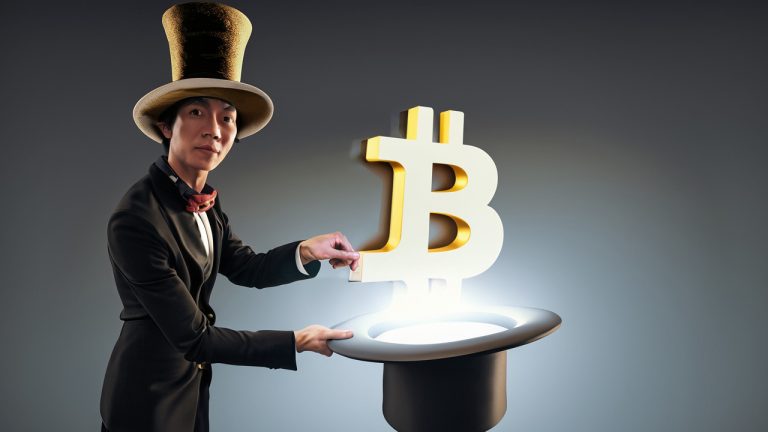Ordinals Creator Casey Rodarmor Introduces ‘Runes,’ New Fungible Token Protocol for Bitcoin
Publikováno: 26.9.2023
 Casey Rodarmor, creator of Bitcoin Ordinal inscriptions, introduced a new fungible token protocol named Runes in a blog post September 25, 2023. Although uncertain if it’s a “good idea,” Rodarmor believes a robust fungible token protocol could “bring significant transaction fee revenue, developer mindshare, and users to Bitcoin.” Bitcoin’s Ordinals Pioneer Presents New ‘Runes’ Protocol […]
Casey Rodarmor, creator of Bitcoin Ordinal inscriptions, introduced a new fungible token protocol named Runes in a blog post September 25, 2023. Although uncertain if it’s a “good idea,” Rodarmor believes a robust fungible token protocol could “bring significant transaction fee revenue, developer mindshare, and users to Bitcoin.” Bitcoin’s Ordinals Pioneer Presents New ‘Runes’ Protocol […]

Casey Rodarmor, creator of Bitcoin Ordinal inscriptions, introduced a new fungible token protocol named Runes in a blog post September 25, 2023. Although uncertain if it’s a “good idea,” Rodarmor believes a robust fungible token protocol could “bring significant transaction fee revenue, developer mindshare, and users to Bitcoin.”
Bitcoin’s Ordinals Pioneer Presents New ‘Runes’ Protocol
On Monday, Casey Rodarmor, creator of Bitcoin’s Ordinals, wrote a blog post introducing a new fungible technology protocol named Runes. In the post’s opening, Rodarmor expressed uncertainty, saying he’s “not sure creating a new fungible token protocol for Bitcoin is a good idea.” He added that fungible tokens are “99.9% scams and memes.” However, he recognizes they’re here to stay and that developing a robust fungible token protocol for Bitcoin might be advantageous.
“If this protocol had a small onchain footprint and encouraged responsible UTXO management, it might serve as harm reduction compared to existing protocols,” Rodarmor said. “At least one of which, BRC20, is already quite popular, and has the undesirable consequence of UTXO proliferation.”
Runes are a proposed simple protocol for creating fungible tokens on top of Bitcoin and balances are represented by unspent transaction outputs (UTXOs) that can contain any number of runes. Transactions encode Rune transfers and issuances via an OP_RETURN output and transfers specify which Runes to assign to which outputs. Rodarmor insists that Rune tech aims to be simple, avoids relying on offchain data, abstains from having a native token, and utilizes Bitcoin’s UTXO model.
“Should such a thing exist?” Rodarmor askes. “Such a scheme might draw users from other schemes with worse on-chain footprints, and bring developer and user mindshare to Bitcoin, encouraging them to adopt Bitcoin itself.”
Rodarmor’s latest technology emerges as another data-embedding scheme on Bitcoin, known as “Atomicals,” has been introduced. Similar to BRC20 tokens, Atomicals can produce ARC20 tokens. For now, Rodarmor’s Runes remains a proposal, and time will determine its popularity. “On the other hand, the world of fungible tokens is a near totally irredeemable pit of deceit and avarice, so it might be a wash,” Rodarmor concludes in his message.
What do you think about Rodarmor’s latest idea? Share your thoughts and opinions about this subject in the comments section below.